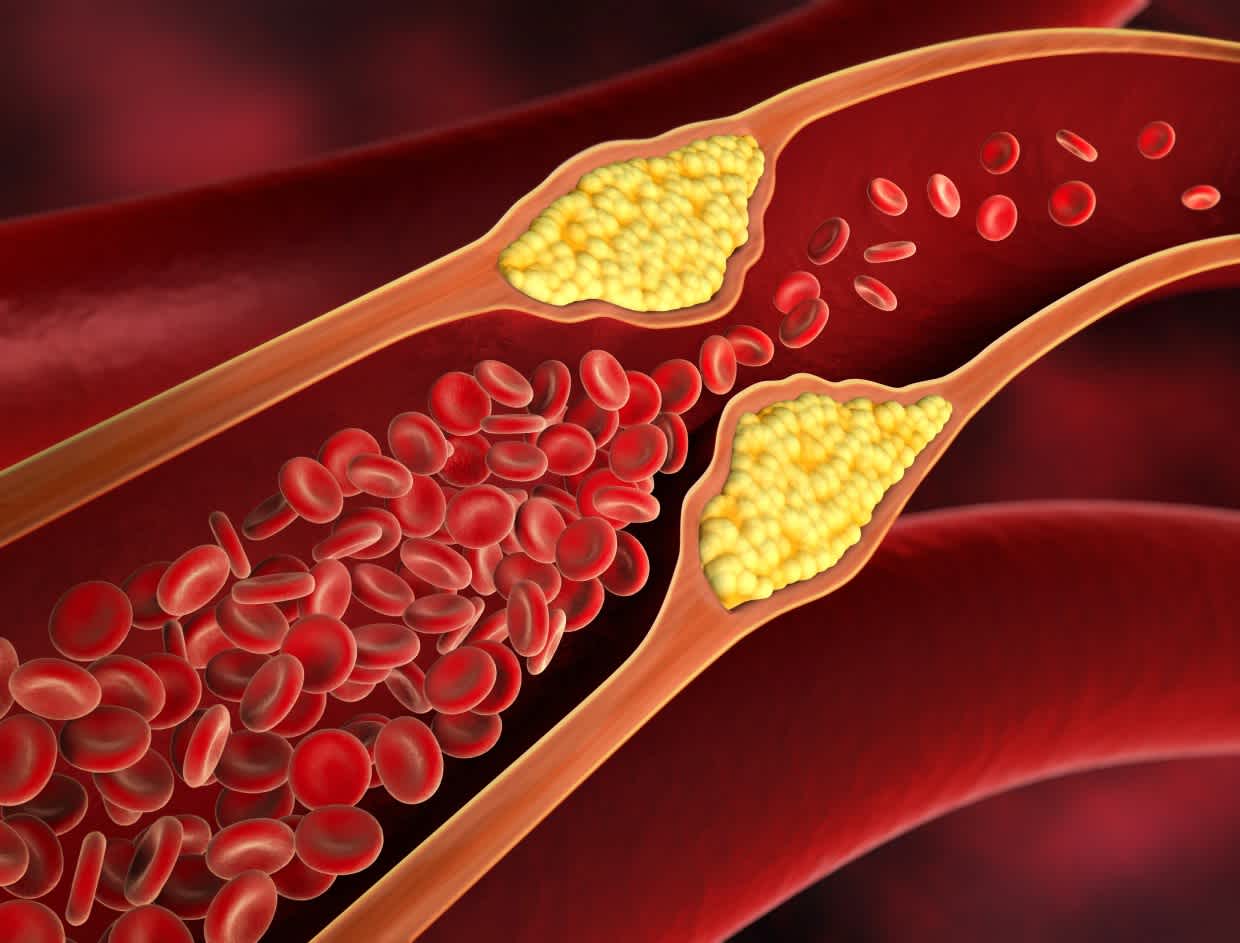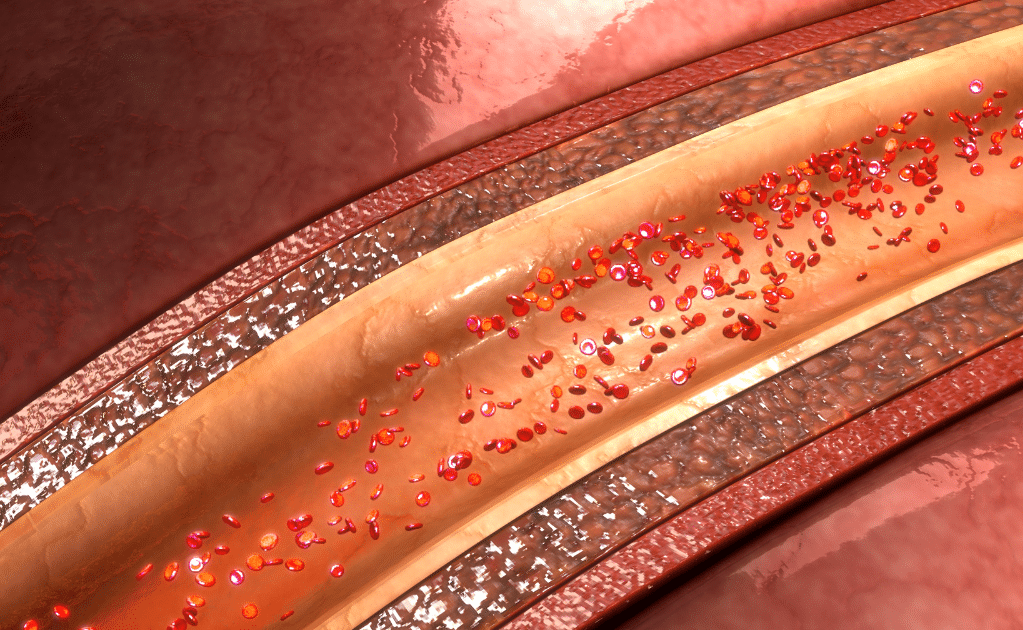High Cholesterol and Related Conditions
VA Disability for High Cholesterol and Related Conditions
Many people have high cholesterol, including veterans. The truth is that the condition doesn’t cause symptoms and may go unnoticed until it develops into another medical condition. If you have high cholesterol related to your service, you’ll want to know more about how it could still qualify you for a hyperlipidemia VA rating.
High cholesterol can put veterans at risk of having other conditions or diseases that can be life-threatening or life-altering. This post addresses the VA disability rating for high cholesterol and other related conditions and illnesses.
Hyperlipidemia and veterans
Hyperlipidemia, or high cholesterol, occurs when you have too many fats (lipids) in your blood, and they build up, blocking blood flow in your arteries.
High cholesterol doesn’t have any noticeable symptoms. Typically, a medical professional will detect it through bloodwork. This means you may not know you have hyperlipidemia unless it causes another medical condition like a heart attack, stroke, or diabetes.
Common causes of high cholesterol include drinking alcohol, tobacco use, stress, diet, and a lack of physical activity, although some medical conditions can cause the condition and vice versa. Service can lead to mental health problems which may increase a veteran’s risk of developing hyperlipidemia.
Millions of veterans have high cholesterol, according to the American Heart Association.

Is there a hyperlipidemia VA rating?
The VA does not have a disability rating for hyperlipidemia because it identifies the condition as “a laboratory finding” rather than a disability or disease.
However, that doesn’t mean the condition isn’t related to other service-connectable issues. It can still help prove a link between your health conditions and make you eligible for additional monthly pay.
For example, a veteran with diabetes may have high cholesterol as a result. That hyperlipidemia then may cause them have a stroke. The stroke is connected to their diabetes, which is service-connected, meaning they could also receive compensation for the stroke.
Therefore even though you can’t receive disability benefits for high cholesterol, you want to consider whether a service-connected issue is causing it and whether it is then causing you further medical concerns that can receive a secondary service connection.
We explain some of these connections below and how high cholesterol can still lead to an increase in your VA benefits.
VA disability for high cholesterol and related conditions
Various conditions that might be service-connected can cause high cholesterol. Some of these conditions include those outlined below.
High blood pressure and high cholesterol
High blood pressure can damage the walls of the arteries. This allows cholesterol deposits to build up, narrowing the spaces, and making it even more difficult for blood to pump through. Hypertension is common among veterans due to combat exposure and service-related injuries.
Kidney disease and high cholesterol
idney disease causes inflammation that keeps cholesterol in the body and puts the person at higher risk of having a heart attack. Veterans have higher rates of kidney disease than the general population, and people with kidney disease are more likely to also have high blood pressure. You can receive a VA disability rating for kidney disease.
Lupus and high cholesterol
Lupus causes chronic inflammation in your body, making it difficult for blood to flow through arteries. Veterans may be at a higher risk of developing lupus due to increased exposure to environmental contaminants, chemicals, ultraviolet light, and high stress that can weaken the body’s immune system. However, the cause of lupus often is unknown. You can receive a lupus VA disability rating.
Medication and high cholesterol
Medications you’re taking for other health conditions, including high blood pressure, AIDS, or cancer, can cause high cholesterol. If so, the high cholesterol can be connected to the original service-connected condition.
Obesity and high cholesterol
Obesity causes the body to produce more cholesterol than necessary and makes it more difficult to process the fat in the blood. Much like high cholesterol, obesity can sometimes lead to VA benefits if it’s caused by a service-connected condition.
If you have any of these conditions connected to your military service and develop high cholesterol, any condition that results from hyperlipidemia could receive a secondary service connection.
Health problems caused by high cholesterol
Having high cholesterol and lipids building up in your body can result in multiple health problems. Above we explained how a service-connected condition could result in high cholesterol. Below we share some conditions that could develop as a result of your high cholesterol.
High cholesterol is linked to the development of:
Diabetes
Chronic kidney disease
Heart attack
Stroke
High blood pressure
Hyperthyroidism

TDIU for hyperlipidemia
In some cases, a veteran may be awarded total disability based on individual unemployability (TDIU) if their service-connected health problems keep them from working. TDIU is also known as individual unemployability or simply IU. Veterans are eligible for these benefits if they can’t hold down “substantially gainful” employment due to their service-connected conditions.
Veterans with high cholesterol will not be eligible for TDIU on this basis alone. This is, again, because there is no hyperlipidemia VA rating. However, if you experience service-connected conditions like diabetes, stroke, high blood pressure, or kidney disease that are tied to your high cholesterol, you could qualify for TDIU. Veterans who receive TDIU benefits are compensated at the same level as those with a 100% disability rating, even though their combined rating is below 100%.
